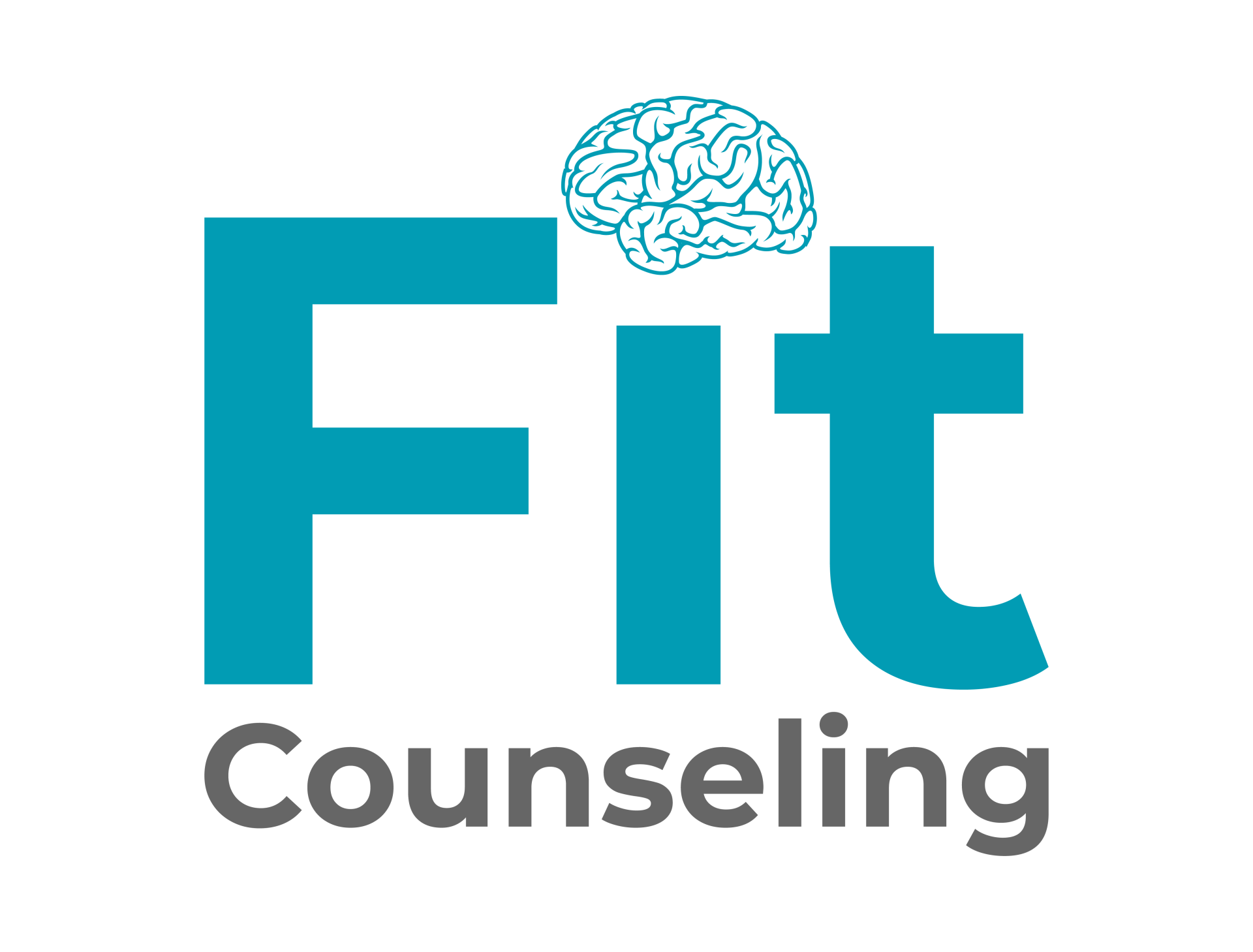The Truth About “Strong” Women and Trauma Responses

The Truth About “Strong” Women and Trauma Responses
We live in a culture that celebrates strong women—the ones who hold everything together, carry others’ burdens, and never seem to crack under pressure. These women are often admired for their resilience, independence, and ability to keep moving forward no matter what.
But what we call strength is sometimes something else entirely. For many women, the behaviors that look like resilience—perfectionism, overworking, people-pleasing, or never asking for help—are actually trauma responses in disguise. They are learned ways of surviving in environments where vulnerability once felt unsafe.
Think about the woman who never stops working. She may not simply be ambitious; she may have learned that staying busy is the only way to silence difficult emotions. Or the woman who bends over backwards for others—it may not be kindness alone, but a deeply ingrained belief that keeping everyone else happy is the only way to avoid rejection or conflict. Hyper-independence, too, often develops when depending on others once led to disappointment or harm.
The problem is that these patterns don’t feel like trauma—they feel like life. High-functioning women are often praised for their accomplishments and drive, which only reinforces the mask of strength. They minimize their struggles by telling themselves, “It’s not that bad,” or “I should be able to handle this.” Trauma doesn’t always look like falling apart; sometimes, it looks like over-functioning to survive.
The cost of this constant strength is steep. Living in survival mode disconnects women from their emotions, their bodies, and sometimes even their closest relationships. It can show up as physical symptoms like headaches, digestive problems, or chronic fatigue. It can create loneliness in relationships, where asking for help feels impossible. And it often leaves women questioning their identity—unsure of who they are outside of what they do for others.
Healing begins when strength is redefined. True resilience isn’t about ignoring pain or pushing past exhaustion—it’s about acknowledging the wounds that shaped these patterns and creating a healthier way forward. Trauma-informed therapy, including EMDR, helps uncover and heal the early experiences that created the need to be endlessly strong. It allows women to learn what it feels like to rest without fear, to say no without shame, and to accept support without guilt.
Being strong has carried many women this far, but healing offers something greater: the chance to live authentically, not just resiliently. The mask of strength can be set down, replaced with a grounded, genuine version of resilience rooted in peace rather than pressure.



